
More millennials in the U.S. are suffering from chronic health problems, potentially restraining the lifetime economic potential of a generation of young adults. Read more >>
Request an Appointment
English: 650.688.3625
Medi-Cal: 650.688.3650

More millennials in the U.S. are suffering from chronic health problems, potentially restraining the lifetime economic potential of a generation of young adults. Read more >>

Changing U.S. Students’ Mindsets about Learning Improves Academic Achievement
In the United States, many students’ grades drop in the transition between middle school and high school and often never recover. This drop can lead to students underperforming in their high school coursework or opting out of more challenging coursework, Read more >>
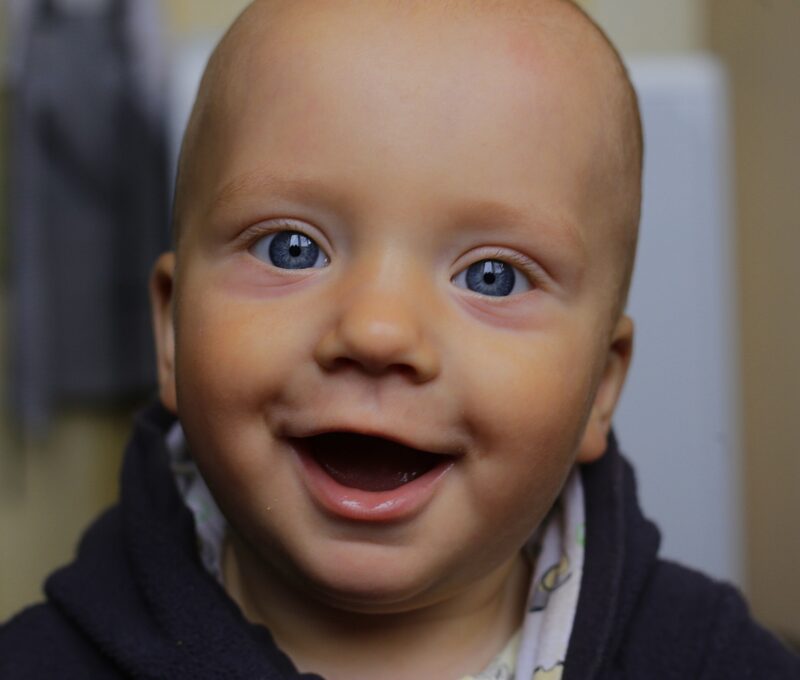
Zero to Three Report Ranks Which States Give Babies the Strongest Start in Life
For the 12 million infants and toddlers in the United States, the state where they are born and raised during their first three years makes a big difference in their chance for a strong start in life. Read more >>
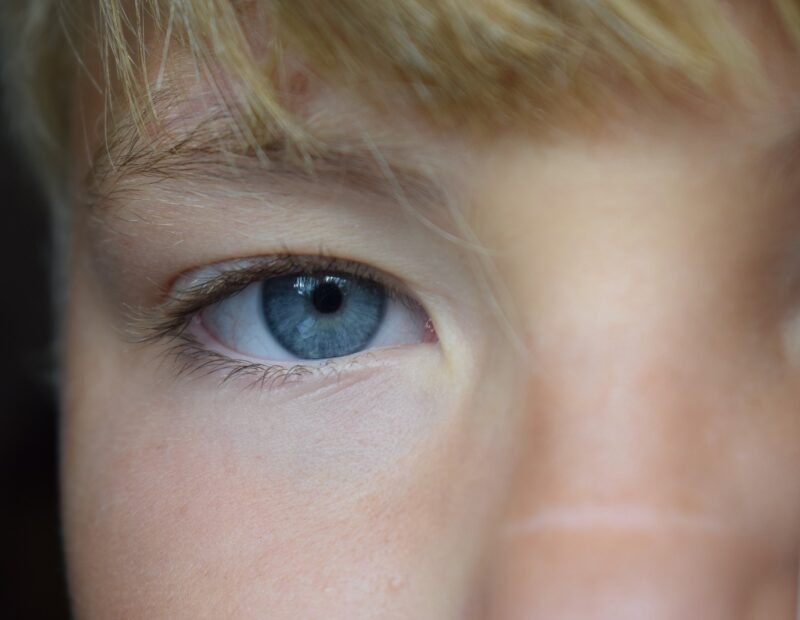
Can Preventing Childhood Trauma Improve Adult Health?
Adverse Childhood Experiences (ACEs) are potentially traumatic events that occur in childhood. ACEs can include violence, abuse, and growing up in a family with mental health or substance use problems. Read more >>
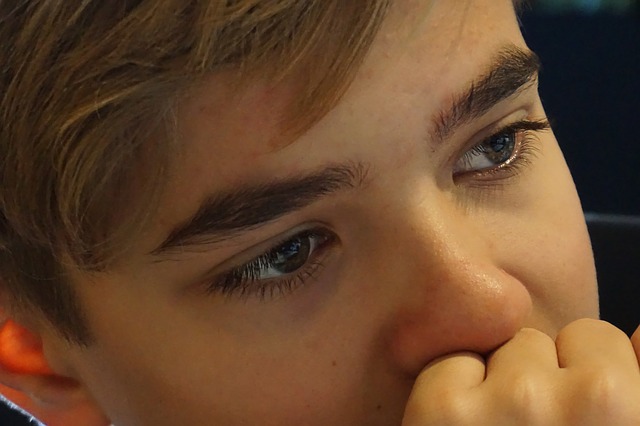
What Are the Best Ways to Prevent Bullying in Schools?
Bullying occurs everywhere, even in the highest-performing schools, and it is hurtful to everyone involved, from the targets of bullying to the witnesses—and even to bullies themselves. Read more >>
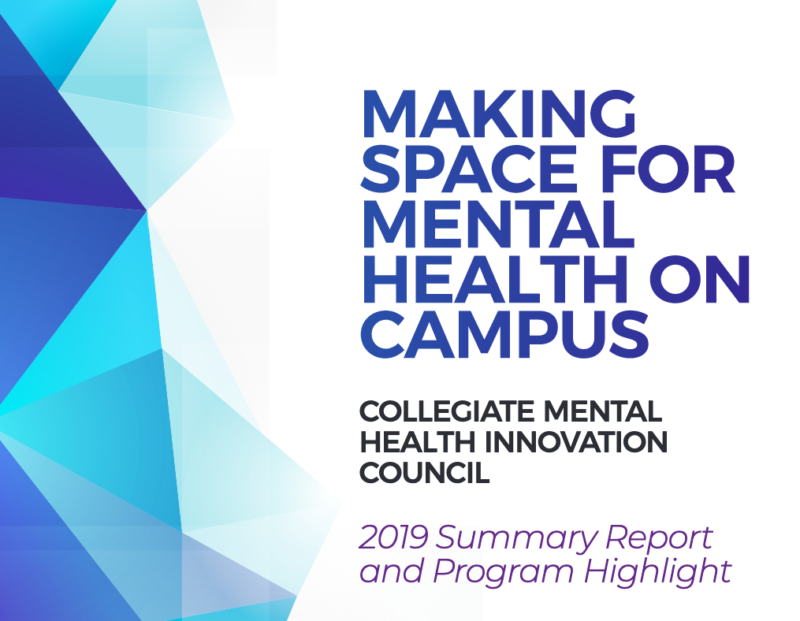
Report: Making Space for Mental Health on Campus [downloadable]
With guidance from Mental Health America, the Collegiate Mental Health Innovation Council (CMHIC) is made up of students and recent graduates who are finding new ways to make a difference in their communities. Read more >>
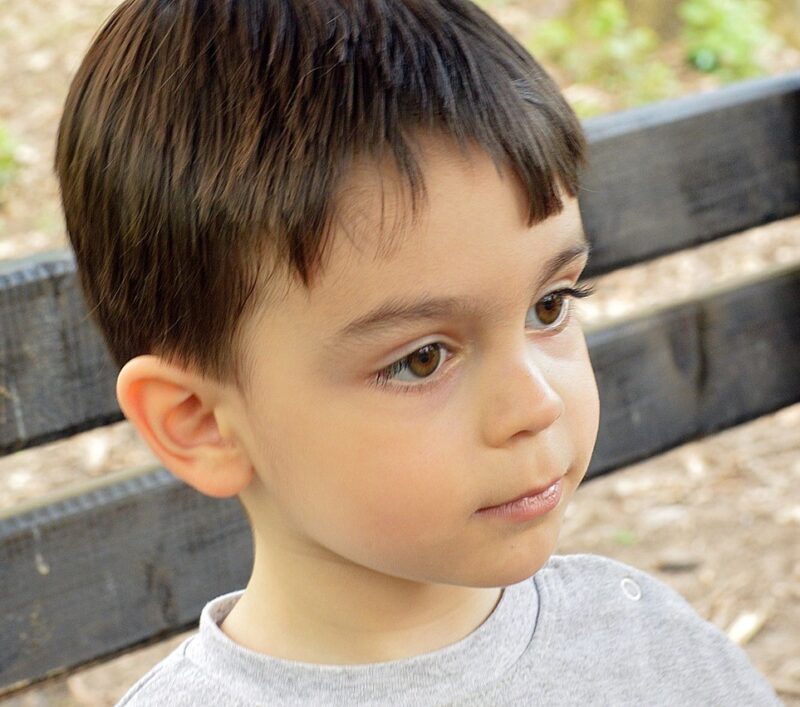
Positive Screen for Autism Often Does Not Spur Further Evaluation
More than two-thirds of toddlers flagged for autism at doctor visits do not get assessed for the condition by specialists, according to a study of more than 13,000 children1. Read more >>

Students in High-Achieving Schools Are Now Named An ‘At-Risk’ Group, Study Says
Communities touting the best-ranked schools are often the most in-demand among families. But this competitive environment can come at a psychological cost to those attending them. Read more >>

Impact of Screen Time on Children’s Brain Development — What We Know So Far
Researchers are releasing data from NIH’s 10-year Adolescent Brain Cognitive Development (ABCD) study each year so scientists can analyze it as the project progresses. What does the early data from roughly 4,500 participants say so far? Read more >>

Study: Large Print Books Boost Comprehension Skills
Teachers are increasingly adding more online learning tools into their classrooms in an effort to increase student engagement, but a new study finds that students get the most benefit from reading large print books. Sixty-one percent of “striving readers” enjoy Read more >>
English: 650.326.5530 | Español: 650.688.3650 | Fax: 650.688.3669
English: 650.326.5530
Español: 650.688.3650
Fax: 650.688.3669
English: 650.668.3625 | Español: 650.688.3650 | careteam@testing.chconline.org
English: 650.668.3625
Español: 650.688.3650
careteam@testing.chconline.org
© 2024 Children’s Health Council. All rights reserved.
CHC Palo Alto: 650 Clark Way, Palo Alto, CA 94304 | 650.326.5530
CHC South Bay: 2280 Kenwood Avenue, San Jose, CA 95128 | 408.831.7512
CHC Ravenswood: 1765 E Bayshore Rd, East Palo Alto, CA 94303 | 650.702.2487
CHC Palo Alto:
650 Clark Way, Palo Alto, CA 94304
650.326.5530
CHC South Bay:
2280 Kenwood Avenue, San Jose, CA 95128
408.831.7512
CHC Ravenswood:
1765 E Bayshore Rd, East Palo Alto, CA 94303
650.702.2487